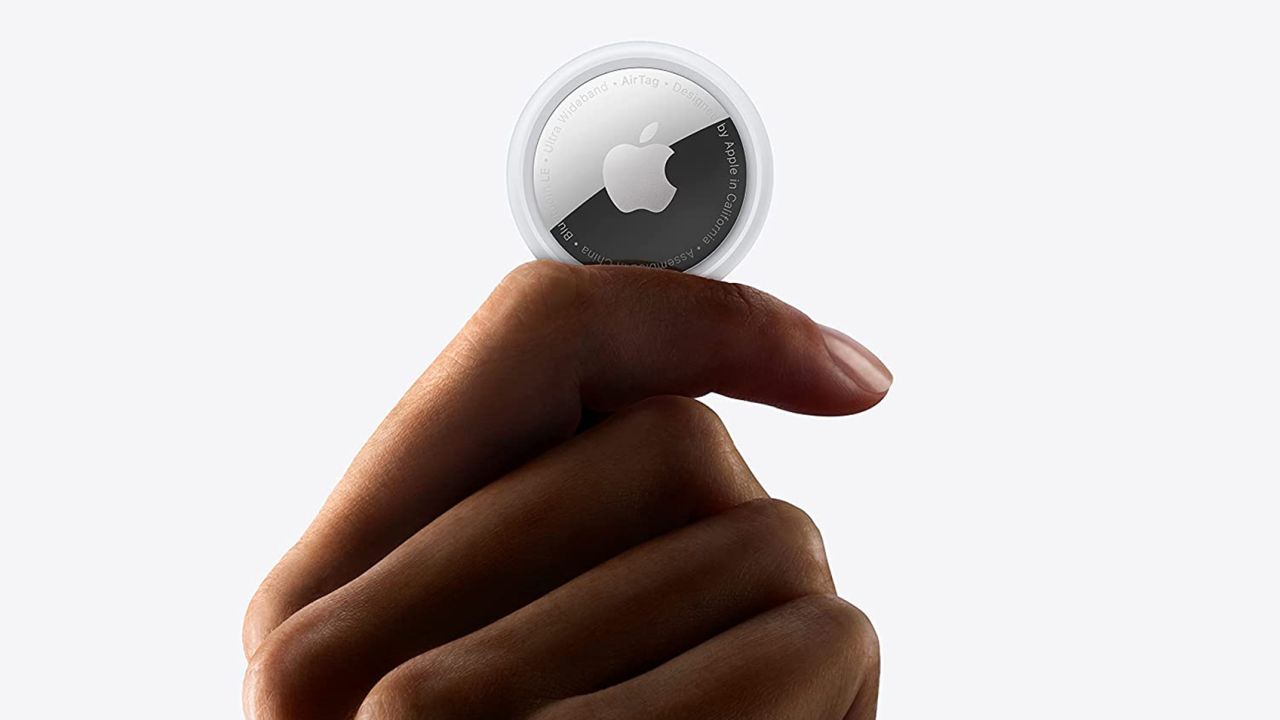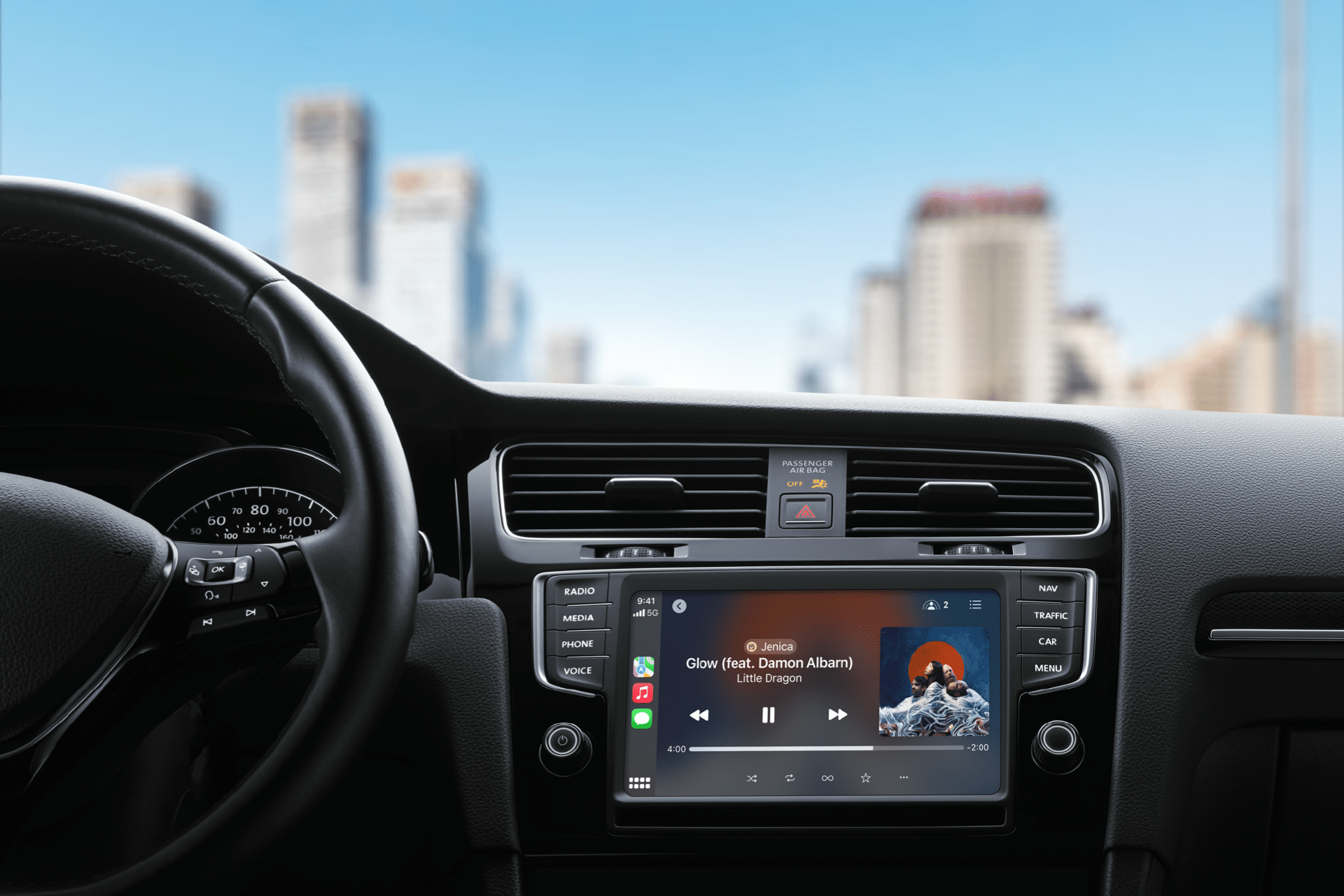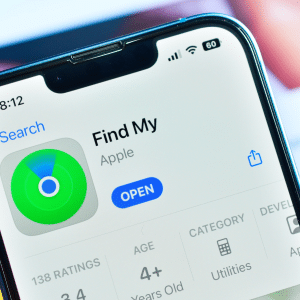What Is an Apple AirTag?
An Apple AirTag is a small Bluetooth tracking device designed to help users locate lost items through Apple’s Find My network. It works by sending signals to nearby Apple devices, which then update its location in the Find My app.
How Do Apple AirTags Work?
Unlike GPS trackers, AirTags do not have built-in GPS. Instead, they rely on Bluetooth technology to connect with nearby Apple devices such as iPhones, iPads, and Macs. These devices detect the AirTag’s signal and anonymously update its location on the owner’s Find My app, allowing them to track their belongings.
Features of Apple AirTags
- Bluetooth Tracking: AirTags use Bluetooth to send signals, which are picked up by nearby Apple devices.
- Find My Network: Millions of Apple devices help track AirTags by anonymously relaying location data to iCloud.
- Precision Finding: iPhones with a U1 chip provide accurate, directional tracking when the AirTag is nearby.
- Lost Mode: If an AirTag is lost, the owner can enable Lost Mode, which notifies them when another Apple device detects it.

Limitations of Using AirTags for Car Tracking
- No Real-Time Tracking: AirTags do not provide continuous tracking like GPS trackers; they update locations only when near Apple devices.
- Limited Coverage: In areas with few Apple devices, tracking is unreliable due to a lack of location updates.
- Dependence on Apple Devices: If no Apple users are nearby, the AirTag’s location will not update until it is detected again.
- Privacy Protections: Apple includes anti-stalking features that notify users if an unknown AirTag is moving with them, preventing unauthorized tracking.
Can AirTags Be Used to Track a Car?
Apple AirTags can track a car, but they are not designed for this purpose. They do not provide real-time tracking because they only update locations when near an Apple device. This makes them unreliable in remote areas or places with few Apple users.
When Can AirTags Help with Car Tracking?
- Finding a Stolen Car: If the car passes through an area with Apple devices, you might receive location updates.
- Locating a Parked Car: If you forget where you parked, an AirTag can help you find it.
- Tracking in Busy Areas: In cities with many Apple users, AirTags may provide frequent updates.
When AirTags Are Not Useful for Car Tracking
- Long-Distance Tracking: AirTags do not offer continuous tracking like GPS devices.
- Remote Areas: Without nearby Apple devices, location updates are delayed or unavailable.
- Moving Vehicles: Tracking is inconsistent because updates depend on nearby Apple users.
AirTags can provide some location updates but are not reliable for tracking a moving car. A GPS tracker is a better option for car tracking.
What Is a GPS Tracker?
A GPS tracker is a device that uses the Global Positioning System (GPS) to determine its location in real time. Unlike Apple AirTags, GPS trackers have built-in GPS modules and often include cellular or satellite connectivity.
How GPS Trackers Work?
GPS trackers work by connecting directly to satellites to determine their exact location. They then use cellular or satellite networks to send real-time updates, allowing continuous tracking without relying on nearby devices.
Features of GPS Trackers
- Real-Time Location Updates: Track your vehicle’s exact location continuously.
- Geofencing Alerts: Receive alerts when a vehicle enters or exits a specific area.
- Historical Route Data: View past travel history.
- Speed Monitoring: Some trackers offer speed tracking and driving behavior analysis.
- Battery or Hardwired Options: Some GPS trackers run on rechargeable batteries, while others connect to a vehicle’s power system.
Types of GPS Trackers
- Hardwired GPS Trackers: Installed directly into a vehicle’s electrical system.
- OBD-II GPS Trackers: Plug into the car’s OBD-II port, often used for fleet management.
- Battery-Powered GPS Trackers: Portable and do not require installation.

Key Differences Between AirTags and GPS Trackers
GPS Tracker vs. Apple AirTag is about reliability. GPS trackers provide real-time tracking with global coverage, making them dependable for car tracking.
AirTags rely on Apple’s Find My network, updating only when near an Apple device, which makes them unreliable for tracking a moving car.
| Feature | Apple AirTag | GPS Tracker |
| Tracking Method | Bluetooth + Find My Network | GPS + Cellular/Satellite |
| Real-Time Tracking | No | Yes |
| Coverage | Limited to Apple device proximity | Global (depending on network) |
| Battery Life | ~1 year (replaceable battery) | Varies (days to months, rechargeable) |
| Installation | None (attach anywhere) | Some require installation |
| Anti-Stalking Alerts | Yes (alerts for unknown AirTags) | No |
| Best For | Finding lost parked cars, occasional location updates | Continuous vehicle tracking, theft prevention |
Is an Apple AirTag or GPS Tracker Better for Tracking a Car?
Use an AirTag If:
- You only need occasional location updates.
- You park in crowded areas and often forget where your car is.
- You do not need real-time tracking.
Use a GPS Tracker If:
- You need real-time tracking.
- You want to monitor your car remotely at all times.
- You need advanced security features like geofencing and speed alerts.
Conclusion
Apple AirTags can help locate a parked or stolen car, but they are not designed for real-time tracking. Their reliance on Apple’s Find My network makes them unreliable for continuous tracking, especially in remote areas.

A GPS tracker is a better option for accurate and real-time car tracking.
It provides continuous updates, global coverage, and security features that make it more effective for vehicle monitoring.









